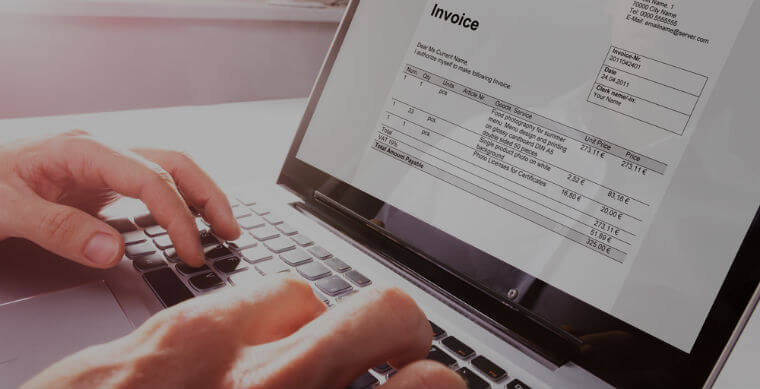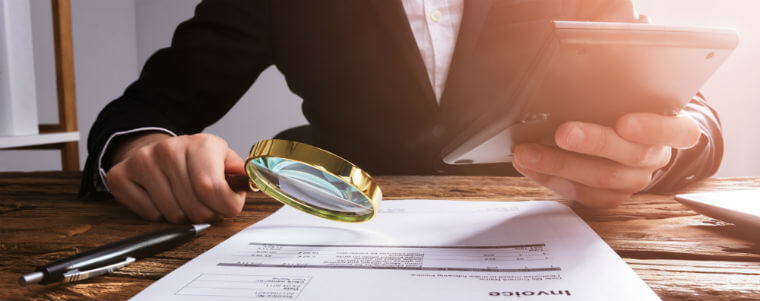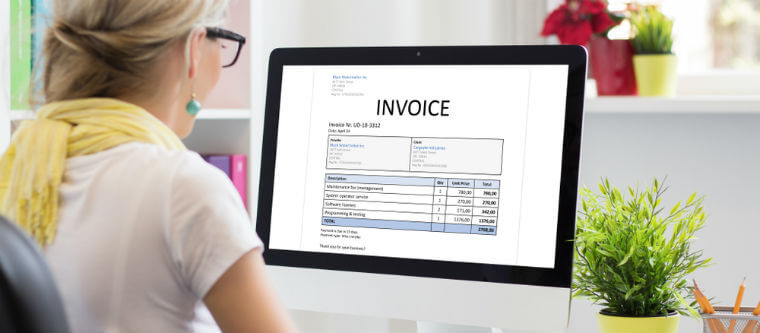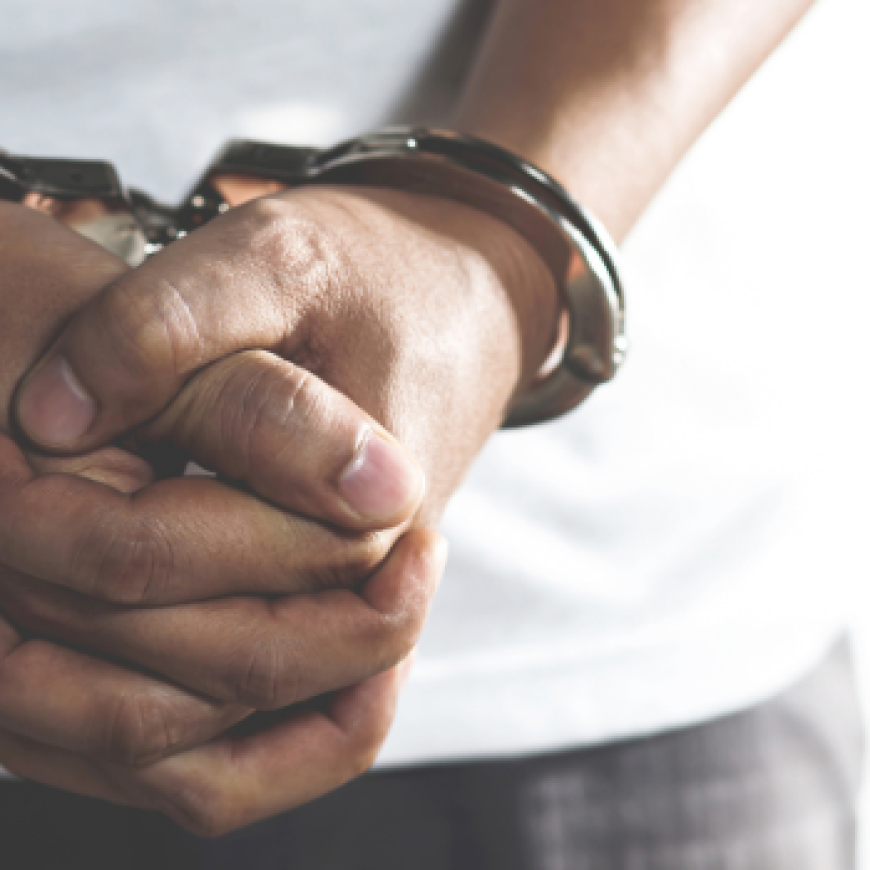Most businesses send and receive invoices on a regular basis, which means they must be careful about the possibility of invoice fraud.
Some dishonest individuals make it a point to take advantage of companies that generally trust the typical invoice. The result is that those companies end up paying more than they should.
If you run a business, you should be aware of what fraudulent invoices might look like and how you can avoid this type of scam.
What Is Invoice Fraud?
Invoice fraud occurs when someone purposely invoices for more than the correct amount, causing companies to overpay or even pay someone who never offered them goods or services in the first place. Invoice fraud takes many forms, including the following.
False Invoices
A false invoice tries to charge a company for goods and services it never received, which means the company could be needlessly paying a scammer hundreds or thousands of dollars.
How to Identify Fake Invoices?
One sign an invoice is fake is that there are no documents that support the receipt of goods or services, meaning there is no purchase order or receiving report available. In some cases, it’s clear the products or services were never received since they cannot be located.
Inflated Invoices
Another type of fraudulent invoice is an inflated document. This typically means the prices or amounts are higher than agreed upon sums. Supporting paperwork, such as the purchase order, might make it clear that the company ordered or offered to pay a particular amount. And yet the invoice charges more, suggesting invoice fraud.
Duplicate Invoices
Another type of fake invoice scam is when a company is asked to pay for duplicate invoices, even when it only received a product or service once.
What Is Double Invoicing?
A simple sign of a duplicate invoice is getting more than one invoice for the same goods or services. The invoices might even have the same date, purchase order number and invoice number, making it clear the invoice was also received at least once. Also, the company might see evidence that it made multiple payments on the same invoice, and yet the person who sent the invoice is demanding to be paid again.
If you have questions about invoice fraud, you can contact Seth Kretzer, a criminal defense attorney in Houston who has experience handling fraud cases of all kinds.
Is an Invoice a Legal Document?
The simple act of making and sending an invoice does not result in a legally binding agreement. If that were the case, anyone could send someone else an invoice and demand payment. On the contrary, an invoice is only a legal document once both sides agree to the content within.
Is It legal to Change an Invoice?
It’s not legal to change an agreed upon invoice unless it’s to correct a mistake. To protect yourself, contact and collaborate with the other party before either party makes any changes to the invoice.
If you think someone illegally changed an invoice or you’re being accused of doing so, contact white collar crimes lawyer in Houston, Seth Kretzer today for legal guidance.
Invoice Fraud – Who Is Liable?
In general, the person who commits invoice fraud is liable for his or her actions. If someone ordered a fraudulent invoice act, that person would face legal repercussions if caught. However, companies are expected to do their due diligence in ensuring their employees are not sending fraudulent invoices on their behalf. Otherwise, the company risks legal consequences.
If you need more information about the laws regarding falsifying invoices, please contact The Law Offices of Seth Kretzer today for a consultation.





